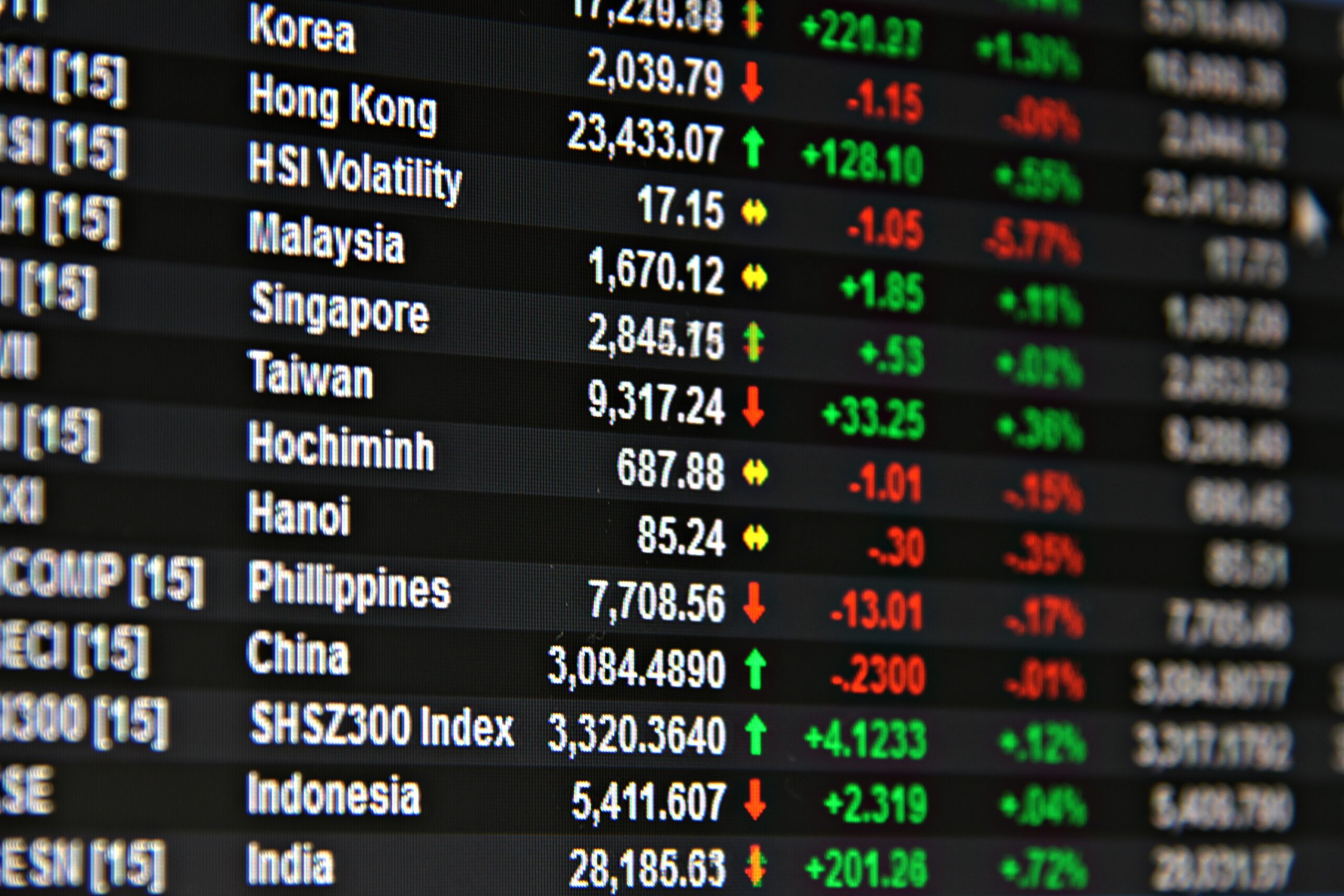Market-maker protections

In a series of articles, we’re exploring liquidity protection – the measures offered by exchanges to ensure that market makers are able to quote without taking excessive risk. Effective liquidity protection is, in our view, fundamental for facilitating price discovery in liquid, electronic options markets.
Market-maker protections (MMPs) are one of the most frequently used forms of liquidity protection in the options market. What distinguishes MMPs from other forms of liquidity protection is that they allow market makers to configure their individual levels of protection, rather than having to adhere to a uniform standard set by the exchange.
We consider MMPs fundamental for safeguarding liquidity and believe exchanges should make MMP settings mandatory across all options products.
What are MMPs?
Exchanges implemented robust MMPs in the wake of high-profile incidents such as the collapse of trading firm Knight Capital in 2012. MMPs are designed to assist market makers in coping with the risks of posting continuous, two-sided quotes in thousands of financial instruments. Specifically, they guard against the possibility of being forced to execute all of these trades at once. MMPs allow market makers to set parameters which – if and when breached – automatically pull their quotes, thereby avoiding a situation where a market maker becomes overwhelmed with executions.

Market maker protections are by necessity built into an exchange’s matching engine. But their exact details are highly customisable, with the parameters set by each market participant based on their desired risk tolerance. Market makers can choose when their MMPs kick in, and even how to calculate units to measure this threshold. MMPs vary by exchange and by which parameters and functionalities are available.
For instance, a market maker could seek to place a limit on the volume of contracts it trades in absolute or relative terms, or limit its exposure in terms of Greeks like deltas or vegas traded. The scope of protection is also usually customisable. For instance, a market maker could choose to cap its risks across a single product, or across various segments or sessions (referring to the technical connection to the exchange).
Regardless of how they’re measured, once an MMP limit is breached, all quotes falling within the scope of protection still resting on the book are prohibited from further execution. This gives market makers the opportunity to amend their quotes while avoiding the risk of unwanted executions.
Ultimately, MMPs give market makers the confidence to remain in the market and provide continuous, high-quality liquidity in both normal and volatile conditions. MMPs also offer benefits for exchanges, such as the ability to prevent too many simultaneous trade executions, which provides an additional way to control market risk. And by supporting liquid markets, MMPs directly benefit end investors.
Our recommendations
While MMP frameworks vary, we believe the following measures should be standard across all MMP programs:
- Market makers should possess maximum flexibility by having direct, electronic capability to query, adjust, and reset settings and limits in real time
- We believe volume and Greeks (delta, gamma, vega) are the most effective parameters for setting risk thresholds for options
- Exchanges should notify market makers in real time when their MMPs have been breached and their orders cancelled, so that the market maker can reinsert their orders promptly after a reset
- Market makers should be able to set or configure individual limits via an API (some exchanges still implement them on behalf of a trading entity, which in our view is inefficient and leaves room for error)
Adopting these measures will strengthen MMP frameworks and help ensure that investors can access options liquidity wherever and whenever it’s needed.
Read next: Mass cancellations and purge ports
To discuss this paper – or any other market structure topic – reach out to the Optiver Corporate Strategy team at [email protected]
DISCLAIMER: Optiver V.O.F. or “Optiver” is a market maker licensed by the Dutch authority for the financial markets to conduct the investment activity of dealing on own account. This communication and all information contained herein does not constitute investment advice, investment research, financial analysis, or constitute any activity other than dealing on own account.





